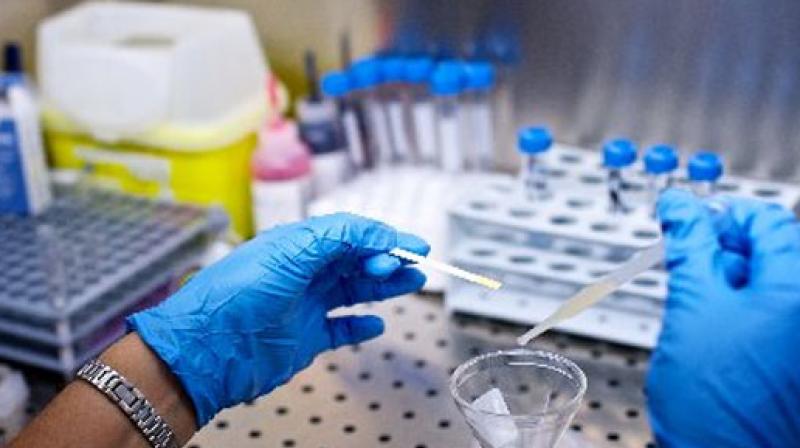Physicians win race against time to save man from rare lethal disease

Washington: Coming back from a soothing trip can leave people in a refreshed state, but what awaited Erich Burger after a memorable trip to Zambia was something he had never anticipated.
When the Baltimore resident returned home, he headed to the community hospital after having chills and fever for a week. But what Erich thought of as malaria from his trip to Africa, was found to be a rare disease seen only 40 times in 50 years in the US when haematology technician took a close look at the blood tests.
The disease was not only rare but it’s lethal and is known to kill quickly. But while the disease was threatening Burger’s life and he was in a race against time, there were people who did the right thing at the right time and managed help Burger.
While the doctors were looking for malaria parasites, they encountered a few rare parasites which were in low numbers on the slide and could’ve been missed. The disease called trypanosomiasis has two forms and is spread by tsetse fly found in rural Africa.
The kind encountered in West Africa is known to kill in up to three years and the rarer east African variation kills in a matter of months. While Burger remembered being bitten on the trip as he said it was too hot to wear anything but shorts or t-shirts.
After the source of the disease was verified, the medicines had to be figured out, a medicine developed in 1920 called Suramin is used to care east African trypanosomiasis if it’s in blood, an in case it reaches the nervous system, a much more toxic arsenic called melarsoprol needs to be used.
To check whether the disease had infected the nervous system, a spinal tap had to be performed for examining the clear fluid surrounding the spine, but it was a risk in case the infection hadn’t reached the spine, as inserting a pin in the spine could send parasites from the blood to the spine and eventually infect the nervous system.
Burger was given a dose of Suramin in order to reduce level of parasites in the blood, a treatment which lasted for four hours and once it was done, they checked the spine and were relieved when they didn’t find any parasite or infection on the spine.
Elrich Burger was feeling better within days and was eventually discharged, but still needs to undergo one more treatment for rashes he developed and since the drug can be toxic to kidneys and liver. He also has to get a spinal tap done every six months for two years to make sure parasites aren’t in the nervous system.
He is grateful to the doctors and is even planning on faming the image of parasites found in his blood, although he isn’t averse to the idea of visiting Africa again.

